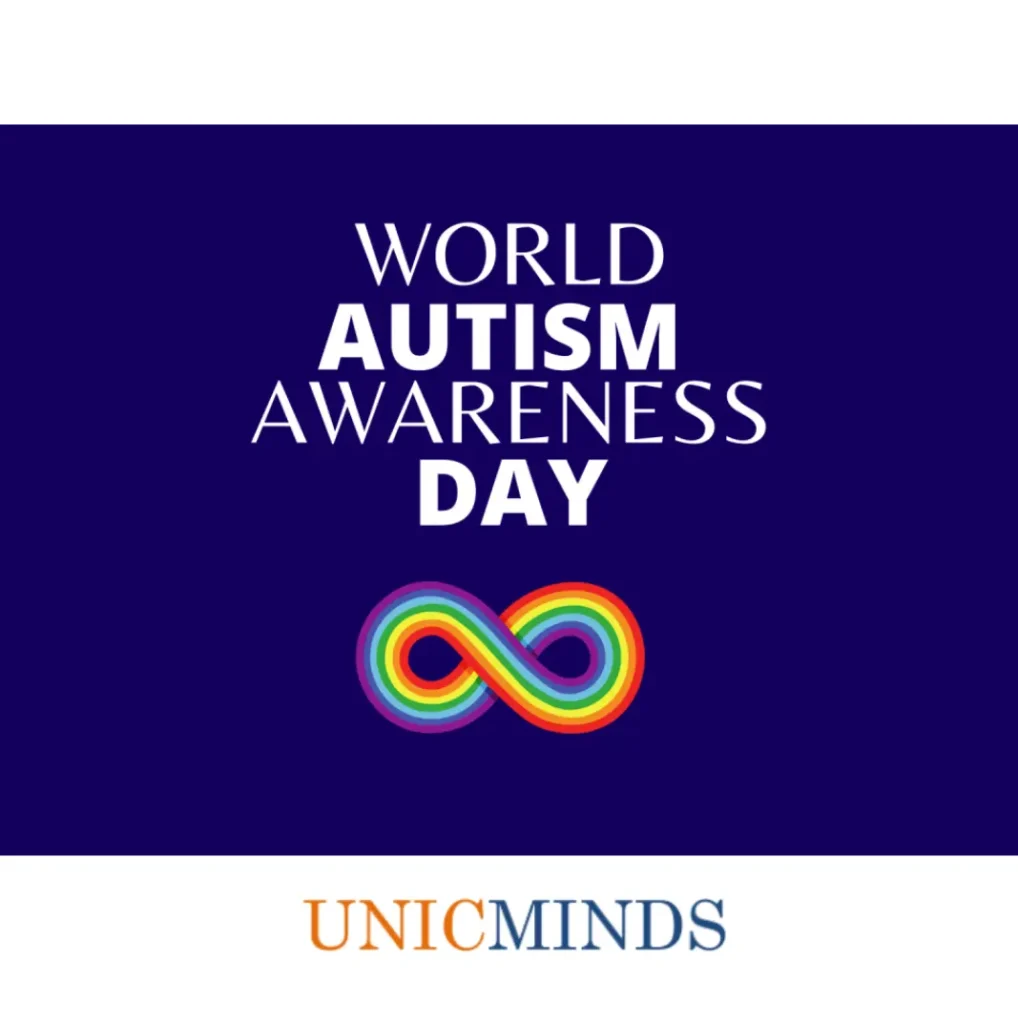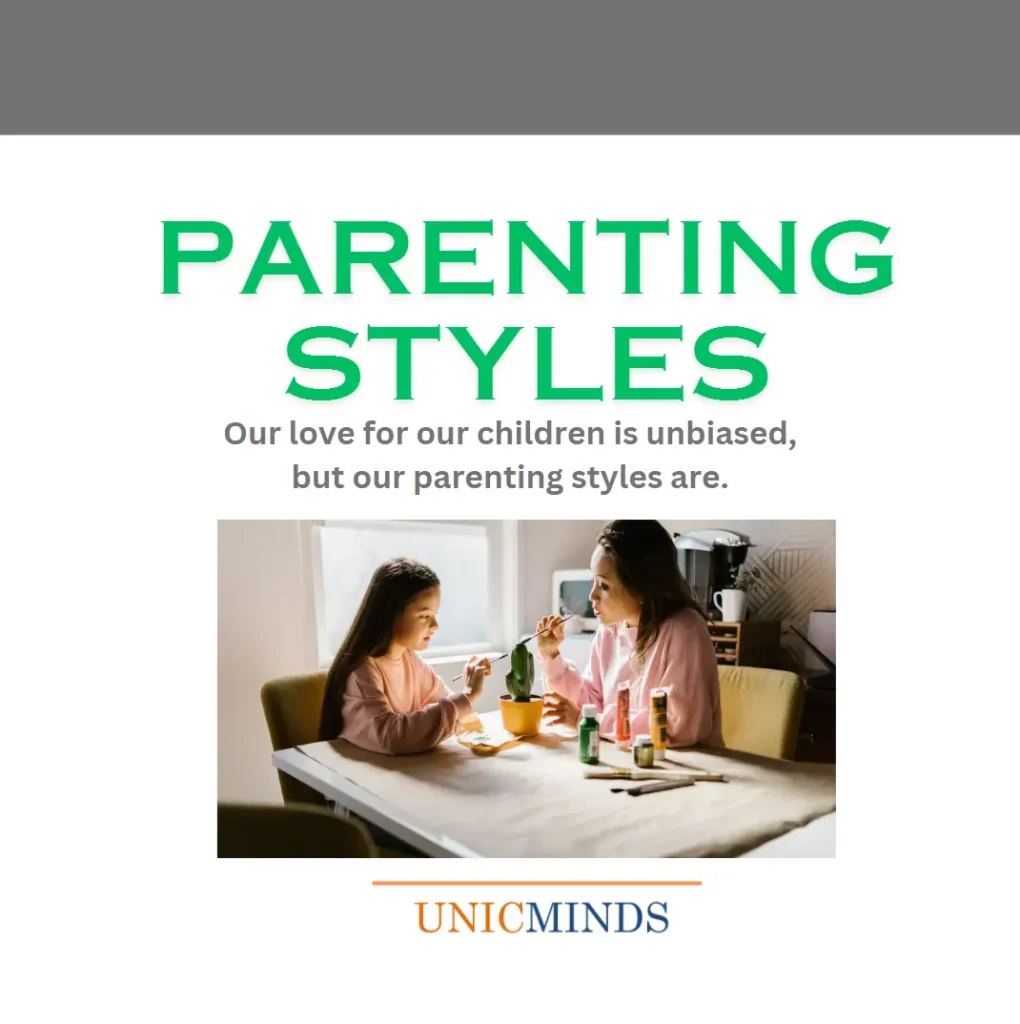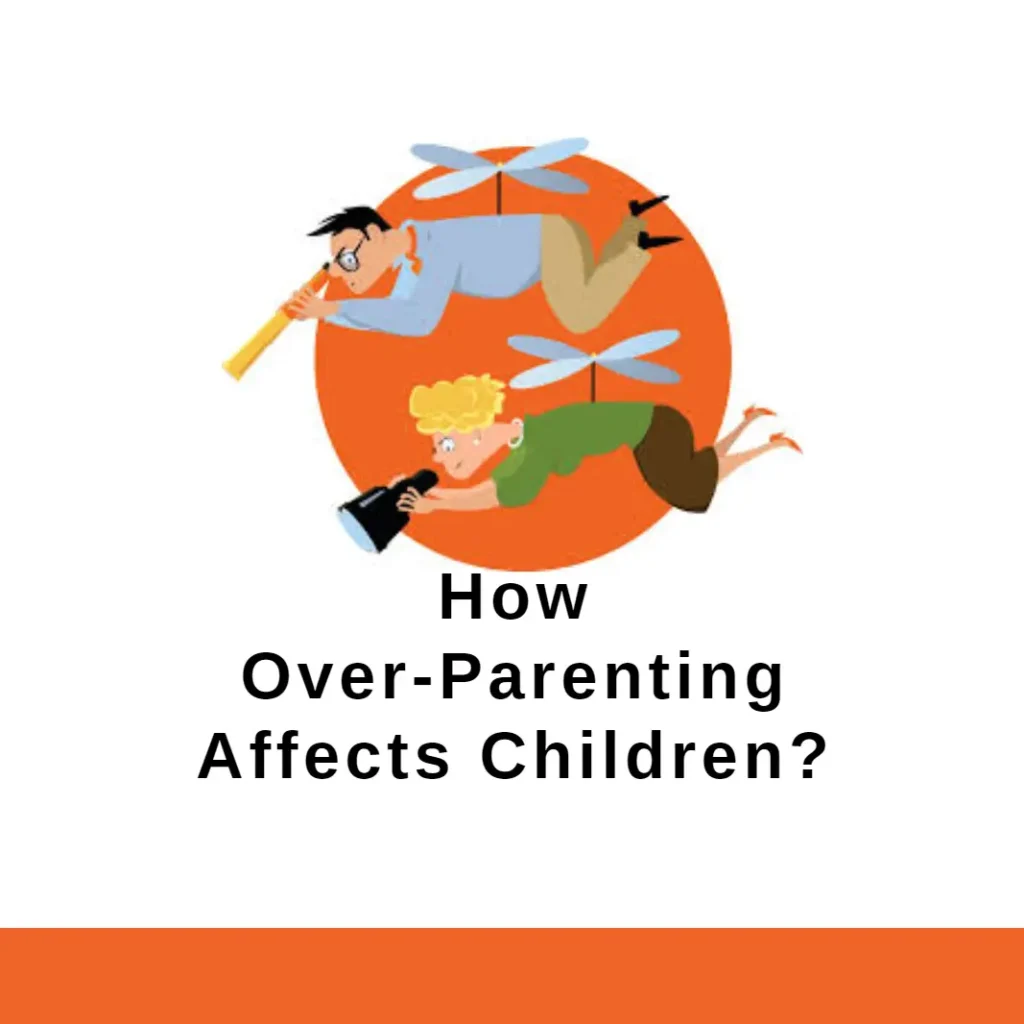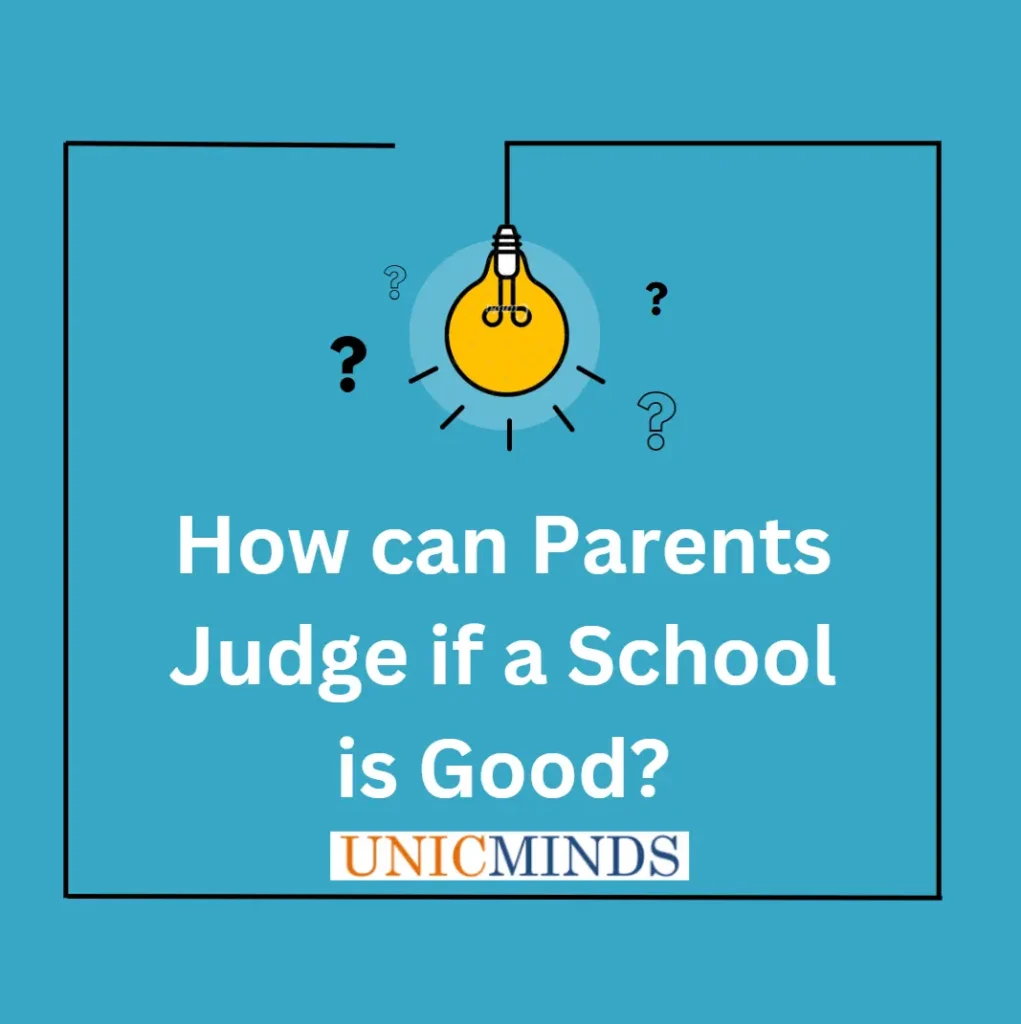Every year on April 2nd, the world comes together to observe World Autism Awareness Day (WAAD). This year marks the 17th annual celebration. It is recognised by the United Nations’ member states as a day to remember the rights of autistic individuals around the world.
The declaration expressed deep concern at the prevalence and high rate of Autism in Children in all regions of the world and the consequential developmental challenges. It called on all countries, UN bodies, international organizations, and non-governmental groups to take steps to raise awareness of Autism.
Autism is a condition where a child can face serious communication difficulties and motor disabilities for a long period of time. It can be a seriously challenging condition for children and for parents of autistic children to deal with.
But, there are a few things that outsiders can make their lives easy by understanding a bit about autism.
Autism doesn’t mean lack of intelligence
Most people, when they see autistics, they assume they aren’t intelligent. This primarily happens because they don’t see a response in any manner in some autistic children. But this doesn’t mean the child is not intelligent. The child could actually be highly intelligent and perceptive, but his body is not cooperating with his brain and hence it is not obeying the brain’s orders. But the child is processing everything in his surroundings and everything that people around him are asking him to do.
Don’t judge quickly
I know that the world doesn’t have time for anyone. We all are throat deep into our own life, our own goals, our own situations, and challenges. But, when you meet an autistic, treat them normally and don’t judge them quickly. Because they’re perceptive of everything around, even if they cannot communicate very effectively. So, don’t judge them and treat them with openness and kindness.
Read about Autism
If you have to read only one book on Autism, read the book written by an autistic kid “Ido in Autismland”. The book is a revelation about what autistics feel inside their heads. It is the most important book that you can read on autism and it is hilarious too and it opens up your understanding of autism.
Do not compare neurotypical children and autistic children
Often children and parents tend to compare neurotypical children with neurodiverse children in an effort to mix them along with them and to help them improve. Unless the child is less severely autistic, most severely autistic children struggle to mingle with other children. Often, children not being very sensitive, also may tell some bad things to the autistic kid or may compare in an awkward way. This makes the autistic kid more sad. So, be careful and sensitive and do not compare a neurotypical and a neurodiverse kid. They’re in different worlds. It also happens that we appreciate a neurodiverse kid when they do something that is acceptable in the neurotypical world. That could be wrong. Because what comes very easy to a neurotypical child may come with extraordinary difficulty to a neurodiverse child. So, this leads the neurodiverse child to feel very bad about themselves internally. Just don’t compare, they are in different worlds. As someone said, it is like having a writing competition with your feet for a neurodiverse child. And, you’re asking them to write as well as a neurotypical child. It may not be fair even if they’re trying to do so.
The 2024 goal for Autism Awareness Day is to emphasize the importance of shifting the focus from coping with autism to creating an environment where autistics thrive. It is easier said than done. But, it is important to provide early intervention, quality education, supportive employment opportunities, and mental health support for children and parents of autistics.
Hope this is useful, thank you.
You may like to read: How can parents evaluate if a school is good?, App Development for Kids, & 50 Fun Riddles for Kids




